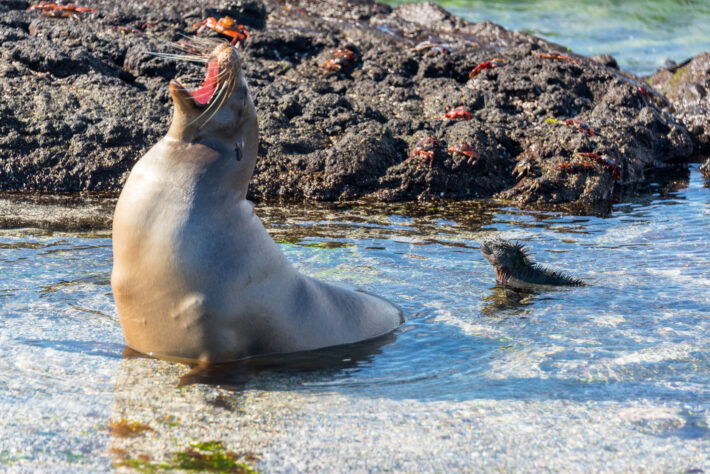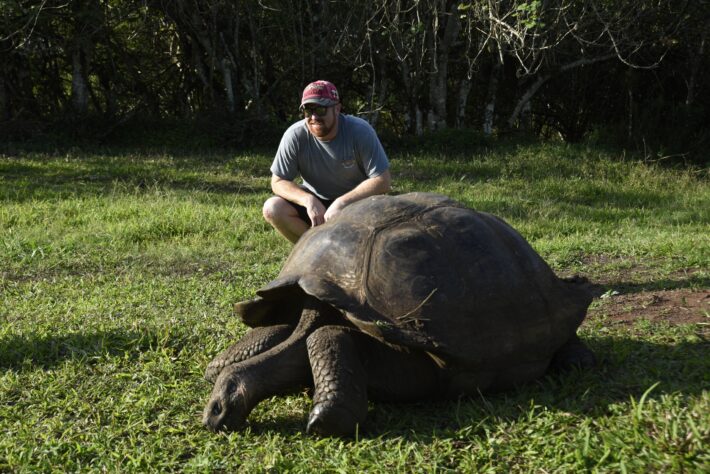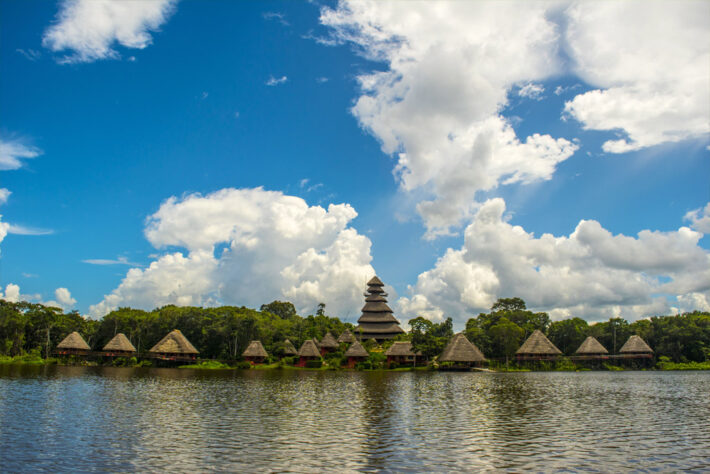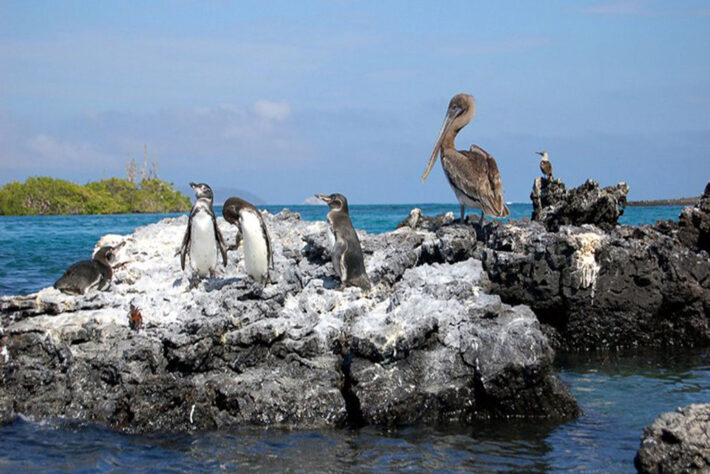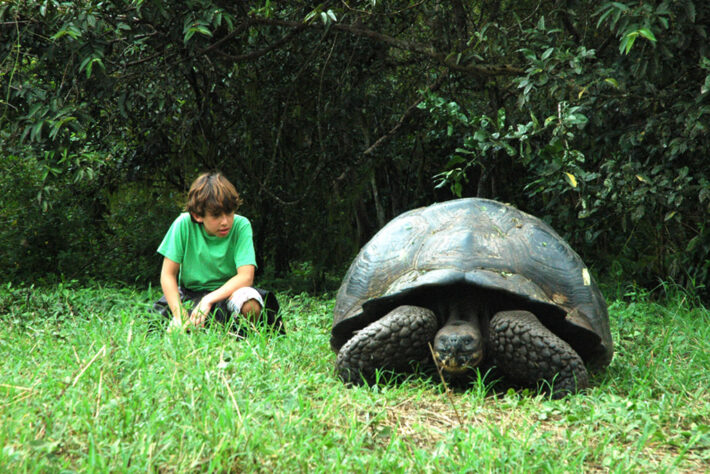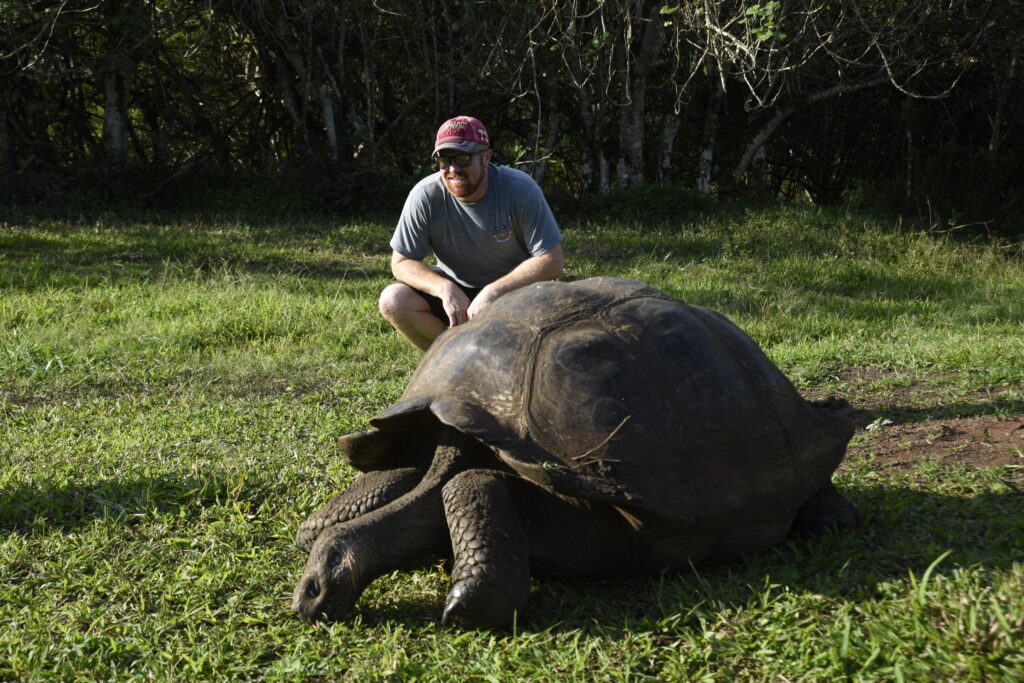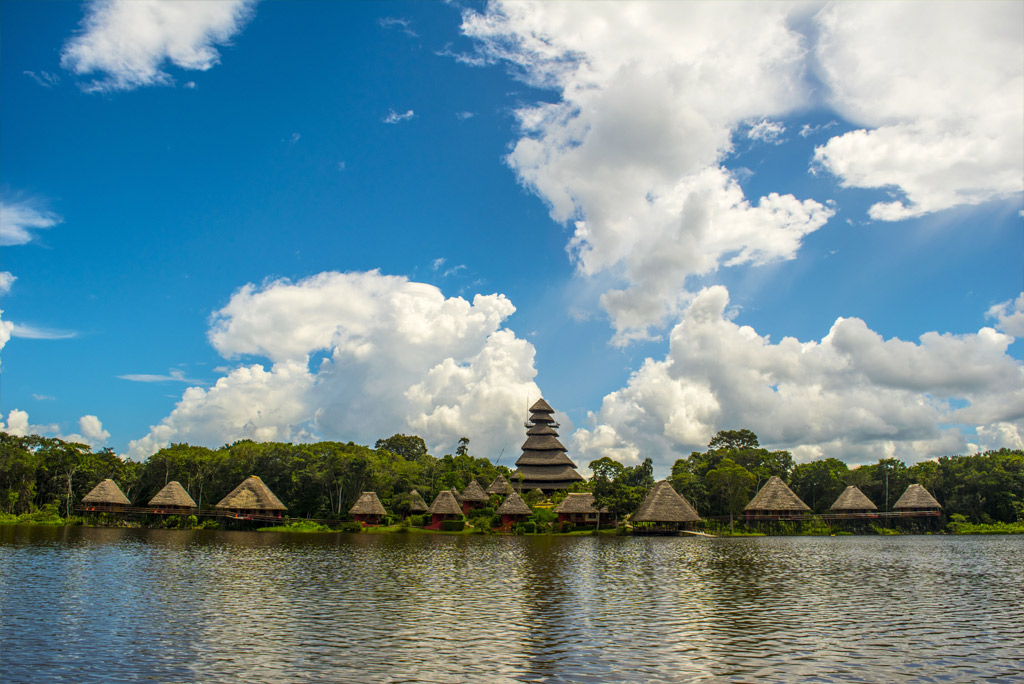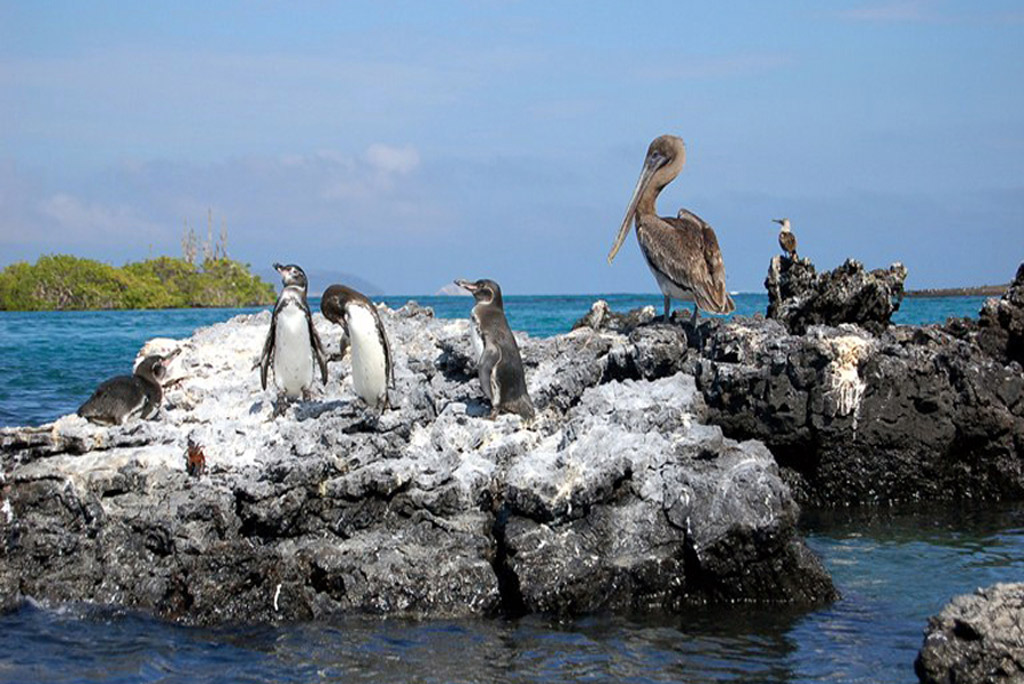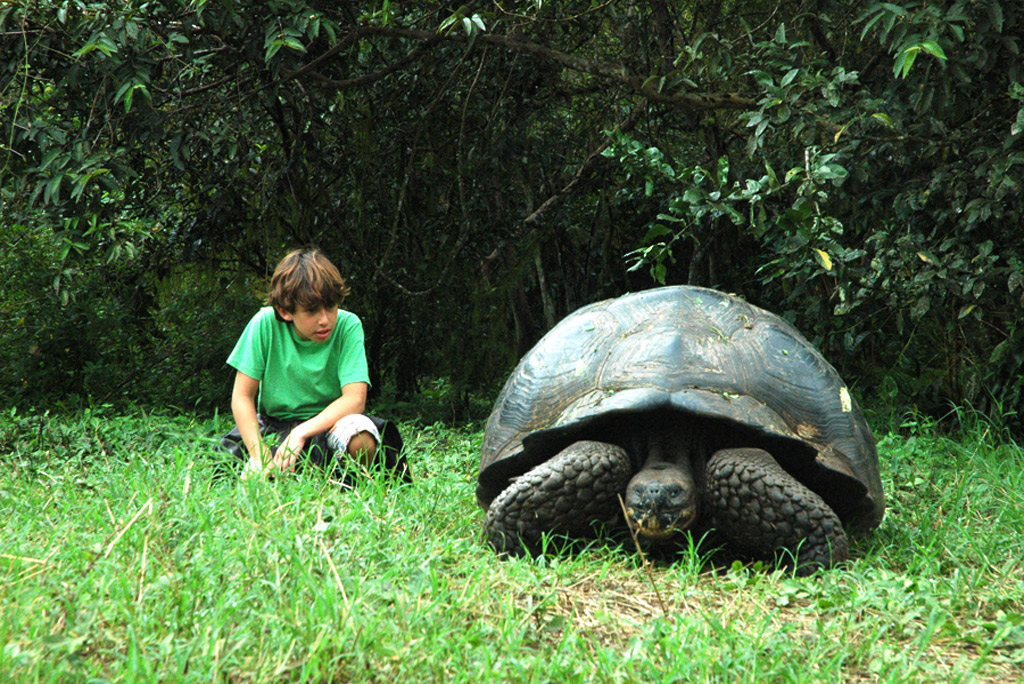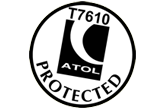Enjoy browsing our trips to Galapagos, or click the button below to go to our extended site search.
Galapagos Trips
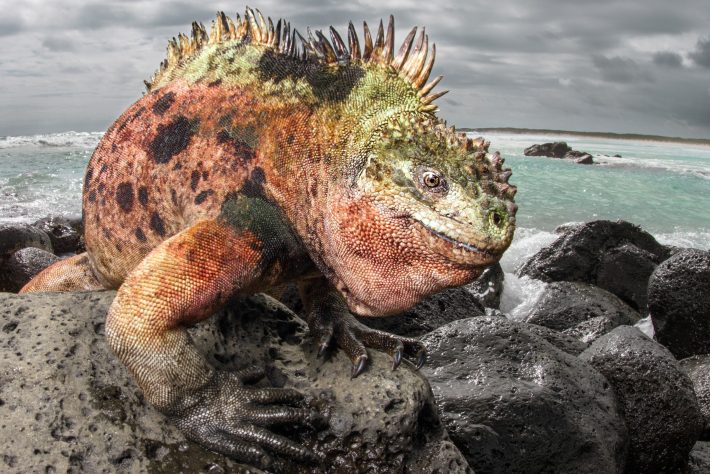
Ecuador and Peru- Galapagos to Machu Picchu
Galapagos
Experience the nature of the Galapagos and Historical Peru with Unique Community Led Experiences
DETAILSGalapagos Country Information
The Galapagos Islands are off the coast of Ecuador and consist of 18 individual islands with an abundance of wildlife that will create an unforgettable holiday to Galapagos. Charles Darwin was the first person to conduct scientific research on Galapagos in 1835 and his experiences led him to develop his thoughts on evolution. Such is the importance of the islands’ sensitive eco system that they are now a World Heritage site.
Trips to the Galapagos allow you extremely close proximity to nature, which is why on our Galapagos adventure holidays we kayak, trek, swim and mountain bike to make the most of this phenomenal environment. The islands of San Cristobal, Santa Cruz and Isabela enable a multi-sport and wildlife holiday like no other on earth, giving you the opportunity to visit them and witness at first hand Galapagos’s wildlife but also to see one of the islands most well known volcanos – Wolf Volcano.
There really is no best time to visit The Galapagos Islands as the weather is good all the year round. From June till December the climate is generally cooler and drier. From January through till May is the warmer time of year with more rain. Thus unlike many wildlife destinations, the wildlife is active all the year round and ideal for close encounters with sea lions, iguanas, giant tortoises, turtles, boobies, and a myriad of tropical fish whenever you wish to visit.
About Ecuador
Despite being South America’s 2nd smallest country, it packs a lot in. From the unique Galapagos islands, to the Amazon Jungle and from the Pacific Coast to the Andean volcanos. There is so much to see and do in Ecuador whether you are looking for an adrenalin packed adventure, or a wildlife extravaganza.
ABOUT THE GALAPAGOS ISLANDS
Geography
Located 1,000 km from the Ecuadorian mainland, the Galapagos archipelago consist of 13 major islands, 5 of which are inhabited. The total land area is just under 8,000km2 and is spread over 45,000 km2 of ocean.
The population is around 23,000.
Politics & Security
The Islands are administered by a provisional government. Ecuador is a safe country for travel, and common sense needs to be used to avoid most crimes.
Language
Spanish is the offical language for Ecuador, although you will find that many people also speak English.
PACKAGES
Galapagos
Contact Us
Galapagos
PACKAGES
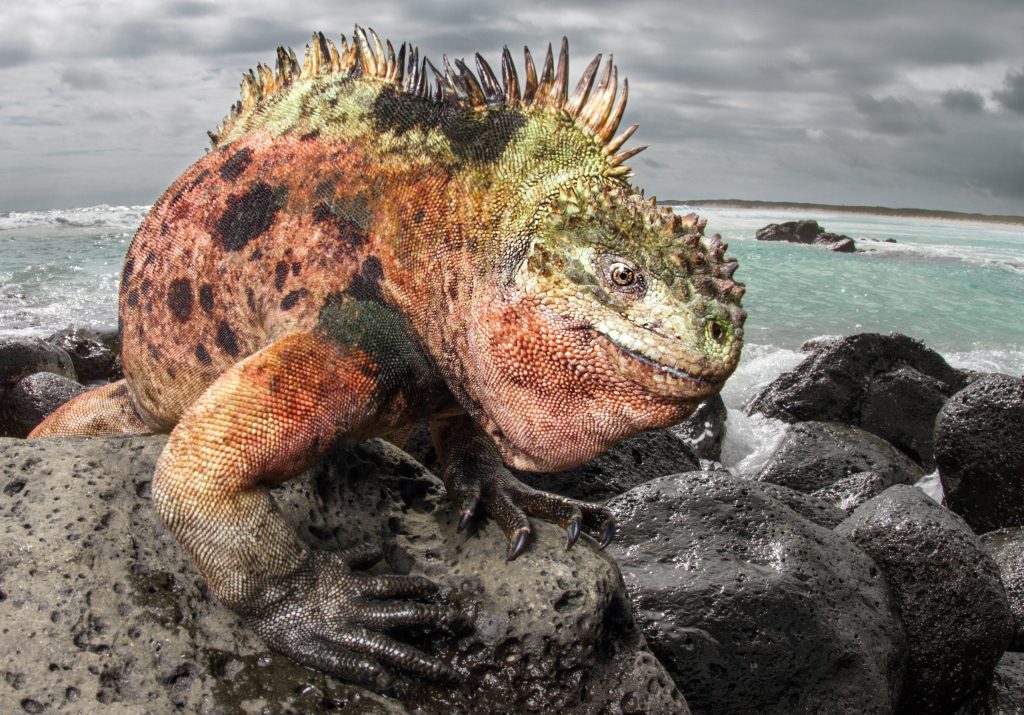
Ecuador and Peru- Galapagos to Machu Picchu
Galapagos
Experience the nature of the Galapagos and Historical Peru with Unique Community Led Experiences
DETAILS
